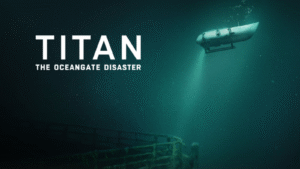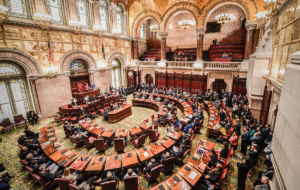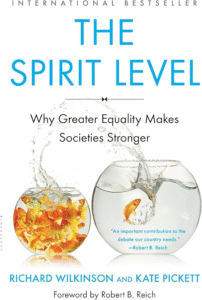The Indispensable Web: Why Biodiversity Conservation Matters
The Unseen Foundation of Life
In an era defined by rapid technological advancement and increasing human dominance over the natural world, the concept of biodiversity conservation often feels abstract, a noble yet perhaps distant concern. However, to view it as such is to fundamentally misunderstand its profound and indispensable role in sustaining life as we know it. Biodiversity, the incredible variety of life on Earth at all its levels, from genes to ecosystems, is not merely a collection of fascinating species; it is the intricate and essential web that underpins our very existence, providing ecological stability, vital resources, and immeasurable intrinsic value. Conserving this web is not just an environmental imperative; it is a social, economic, and ethical necessity for the present and future of humanity.

The Ecological Engine: Stability and Function
At its core, biodiversity is the foundation of healthy and functioning ecosystems. Each species, from the smallest microorganism to the largest whale, plays a crucial role in complex ecological processes. Pollinators, like bees and butterflies, are essential for the reproduction of countless plant species, including many of our food crops. Decomposers, such as fungi and bacteria, break down organic matter, recycling nutrients vital for plant growth and soil health. Predators regulate prey populations, preventing imbalances that can lead to disease outbreaks or the dominance of single species. The loss of even a single species can have cascading effects throughout an ecosystem, weakening its resilience and its ability to provide essential services. A diverse ecosystem is a stable ecosystem, better equipped to withstand environmental changes, natural disasters, and the pressures exerted by human activities.
A Wellspring of Resources: Sustaining Human Societies
Furthermore, biodiversity is a vital source of resources that directly sustain human societies. We rely on the natural world for food, medicines, fuel, and raw materials. Agriculture, the cornerstone of human civilization, depends on the genetic diversity within crop species to develop varieties that are resistant to pests, diseases, and changing climates. Many life-saving drugs have been derived from plants and microorganisms, and countless more potential cures lie undiscovered within the vast reservoir of natural compounds found in diverse ecosystems. Forests provide timber and regulate water cycles, wetlands filter pollutants, and oceans offer a wealth of resources, from seafood to potential energy sources. The erosion of biodiversity diminishes this natural capital, jeopardizing our food security, health, and economic well-being.
Intrinsic Worth: Beyond Utilitarian Value
Beyond its tangible benefits, biodiversity holds immense intrinsic value. The sheer wonder and beauty of the natural world enrich our lives in profound ways. From the vibrant colors of a coral reef to the majestic presence of a snow-capped mountain, the diversity of life inspires awe, curiosity, and a deep sense of connection to the planet. Many cultures around the world hold deep spiritual and cultural ties to specific species and ecosystems, recognizing their inherent worth and the importance of their preservation. To allow species to disappear and ecosystems to degrade is not only a practical loss but also a profound ethical failure, diminishing the richness and beauty of the world we inhabit and the legacy we leave for future generations.
The Crisis of Extinction: Threats to the Web
However, despite its undeniable importance, biodiversity is facing an unprecedented crisis. Habitat destruction, driven by deforestation, agricultural expansion, and urbanization, is the leading cause of species extinction. Climate change is altering ecosystems at an alarming rate, pushing species beyond their adaptive capacities. Pollution, overexploitation of resources, and the spread of invasive species further exacerbate the problem. The consequences of this biodiversity loss are already being felt, from declining crop yields and increased vulnerability to natural disasters to the emergence of new diseases.
A Call for Collective Action: Protecting Our Future
Conserving biodiversity requires a multifaceted and collaborative approach. It demands a shift in our relationship with the natural world, moving away from a purely anthropocentric view towards one that recognizes the interconnectedness of all life. Effective conservation strategies involve protecting and restoring natural habitats, promoting sustainable land and resource management practices, tackling climate change, and combating illegal wildlife trade. Education and awareness campaigns are crucial in fostering a sense of responsibility and inspiring individual and collective action. International cooperation and policy frameworks are essential for addressing global threats to biodiversity.
An Imperative for Sustainability
In conclusion, the importance of biodiversity conservation cannot be overstated. It is the invisible yet vital infrastructure that supports all life on Earth, providing essential ecological services, crucial resources, and immeasurable intrinsic value. The ongoing loss of biodiversity is not just an environmental issue; it is a threat to our survival, our well-being, and our ethical standing as stewards of this planet. Recognizing the indispensable web of life and taking urgent and meaningful action to protect it is not a choice, but a fundamental necessity for a sustainable and thriving future for all.




















